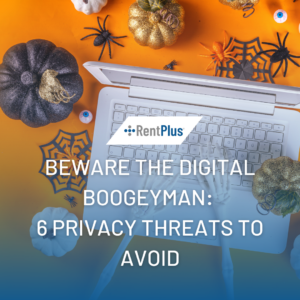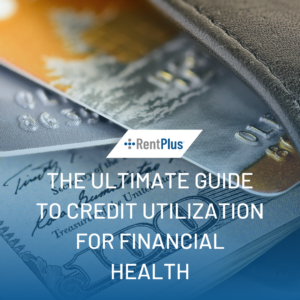Have you ever noticed that obtaining good credit is like a Catch-22? You need credit to get credit. You can’t take out a loan from the bank without proving that you’re a reliable lender, but you can’t show that you’re a reliable lender without making regular, on-time payments on a loan or credit card. We could go around in circles on this issue all day.
Because you need to prove that you’re a reliable lender to have a good credit score, most people believe that you can’t build credit without getting into debt. You simply can’t have financial freedom and a good credit score at the same time. Many financial experts argue that a credit score is merely a debt score. But, the truth of the matter is that you can have good credit and no debt. Here are a few ways that you can do this:
Rent Payments: Your rent payments are likely one of your biggest bills each month. So, if you could use those large payments to build your credit score, that would help your score in a big way. Not all rental properties offer the option to report your rent payments to a credit bureau, however. So, if you’d like to build your credit score via rent, you should ask your property manager if he or she offers this service or would be willing to partner with a third-party rent tracking system, like RentPlus. Simply pay your rent on time each month and RentPlus will work with your property manager to report your rental payments to select credit bureaus. Yes, it’s that easy!
Secured Credit Card: Wait! Wouldn’t getting a credit card mean that you’re taking on debt to build your credit score? Yes, using a credit card will require you to take on a small amount of debt. However, if you do it right, you can have an active credit card account without carrying any debt. The key is to pay off the credit card each month. Don’t spend more money on your credit card than what you can pay off each month. This requires discipline, but it’s the fastest way to build your credit score.
Secured credit cards are great for people who have no credit score or have made mistakes in the past and can’t qualify for an unsecured credit card. These often have higher interest rates and higher penalties for missed payments, but if you pay your credit card off each month, you have nothing to worry about. To open a secure credit card, you’ll need to make a deposit to serve as your line of credit. If you use this card correctly, you could build your credit card without carrying any debt each month. And, once you’ve started building your credit score, you can eventually apply for an unsecured credit card that will offer more benefits and rewards.
Pay Off Debts: Your credit score is affected by your credit to debt ratio, or credit utilization. If your credit utilization ratio is above 30 percent, you could be hurting your credit score. For instance, if you have a line of credit for $1,000, you should keep your balance below $300 to ensure you’re not dinged on your credit score.
Paying off your debts can have a big impact on your credit score. In contrast to popular opinion, your credit score will improve more when you pay off debt as opposed to taking on more debt via credit cards or loans.
The best way to improve your credit score is by being financially responsible with your money. Pay your bills on time each month, don’t hold balances from month-to-month, and keep your utilization ratio low. By following these rules, you can have financial freedom and a good credit score at the same time.



